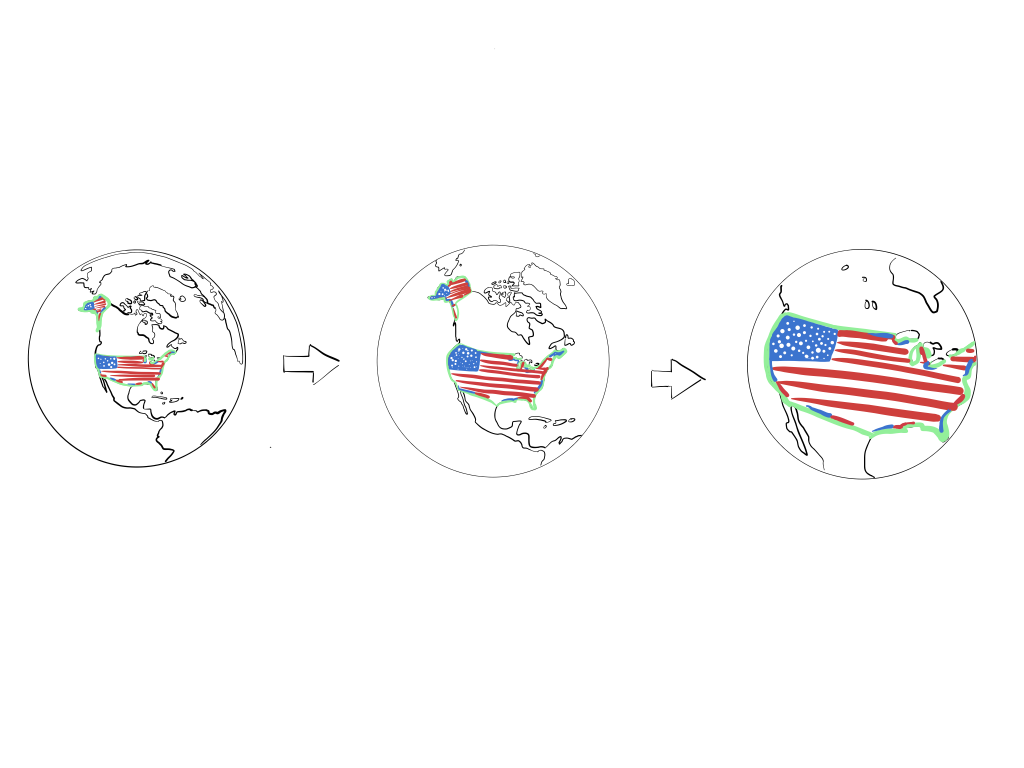
News
Nearly 200 Harvard Affiliates Rally on Widener Steps To Protest Arrest of Columbia Student

News
CPS Will Increase Staffing At Schools Receiving Kennedy-Longfellow Students

News
‘Feels Like Christmas’: Freshmen Revel in Annual Housing Day Festivities

News
Susan Wolf Delivers 2025 Mala Soloman Kamm Lecture in Ethics

News
Harvard Law School Students Pass Referendum Urging University To Divest From Israel
The American Dream Is in Danger at Harvard
The story of America is, undoubtedly, the story of immigrants and internationalism. So too is the story of Harvard — unless President Donald Trump has his way.
Recently, Trump instructed universities, including Harvard, to monitor their international students for possible participation in terrorism. And over winter break, Harvard advised international students to return early to campus, afraid of what this new administration had in store for them.
As the oldest university in America, Harvard has evolved in tandem with this country. America became known as a melting pot of people from every corner of the world. Harvard, too, has been strengthened by immigrants — but the current presidential administration seems hell-bent on reversing that history.
America has long been a diverse nation of immigrants. Early Americans didn’t come from just one place: there were the English, Dutch, German, and French, not to mention enslaved peoples and Native Americans, both of whom have always been integral to our social structure.
The American identity coalesced in the face of the Civil War, in which we fought for what would become our radical experiment in an egalitarian, multi-racial, multi-ethnic Democracy. We invite in the poor, tired, and hungry to our doorstep, promising a better life. Out of this melting pot of fundamentally different people, we have forged an American identity — one which is supposed to be open to all who seek it.
Harvard has journeyed alongside America and become a fundamental part of its story. John Harvard was a Puritan, an immigrant who came to America and found a new, prosperous life. One of the largest, most ornate buildings on campus, Memorial Hall, is dedicated to Americans who gave their lives in defense of the Union. We have educated more U.S. presidents than any other University.
And like America, Harvard has long fostered a thriving international community. Most recently, 18 percent of the class of 2028 were international students. This school year, the total number of international students enrolled at Harvard is over 27 percent. International students are vital to Harvard. As has been argued by others on this board, they make the community more diverse, admissions more meritocratic, and bring fresh talent and new perspectives into our communities.
But more than that, Harvard owes its history — and its identity — to its international students. As the unofficial university of America, it represents and symbolizes the pluralistic vision at the core of our country. We’ve both influenced and been influenced by world leaders from Pakistan to Greece to Jamaica: it’s undeniable that internationalism is fundamental to our institution. And yet, the current presidential administration seems intent on changing that.
This intimidation on behalf of the Trump administration is only the beginning of a posture towards immigrants that treats them as foreign, suspicious, unworthy, and other. This position is not only deeply misguided, but fundamentally un-American.
Harvard must push to continue admitting international students and maintain a promising trend in recent years. The University must work towards the pluralistic ideal it purports to stand by.
Our University has a duty to protect its international students and stand firm against the strongman tactics of the new president and his Congressional cronies. It has a duty to keep these students safe, not just as an educational institution — but as an American one.
At Harvard, the American Dream — that you can come to this country from any corner of the earth and become an American — is in danger. We cannot let it slip away.
Vander O. B. Ritchie ’26, a Crimson Editorial editor, is a History and Philosophy concentrator in Leverett House.
Want to keep up with breaking news? Subscribe to our email newsletter.
Most Read
- Harvard Dismisses Leaders of Center for Middle Eastern Studies
- 2 Years After Affirmative Action Ruling, Harvard Admits Class of 2029 Without Releasing Data
- Russian HMS Researcher Detained at Louisiana ICE Facility After Visa Revocation
- Harvard Agrees to a 1-Year $6 Million PILOT Agreement With the City of Cambridge
- More Than 600 Harvard Faculty Urge Governing Boards To Resist Demands From Trump
From Our Advertisers

Over 300+ courses at prestigious colleges and universities in the US and UK are at your disposal.

With innovative financial tools combined with financial education, Collegiate empowers students to take control of their finances and build confidence in their money management skills.

Serve as a proctor for Harvard Summer School (HSS) students, either in the Secondary School Program (SSP), General Program (GP), or Pre-College Program.

With an increasingly competitive Law School admissions process, it's important to understand what makes an applicant stand out.

Welcome to your one-stop gifting destination for men and women—it's like your neighborhood holiday shop, but way cooler.

Admit Expert is a premium MBA admissions consulting company, helping candidates secure admission to top B-schools across the globe with significant scholarships.

